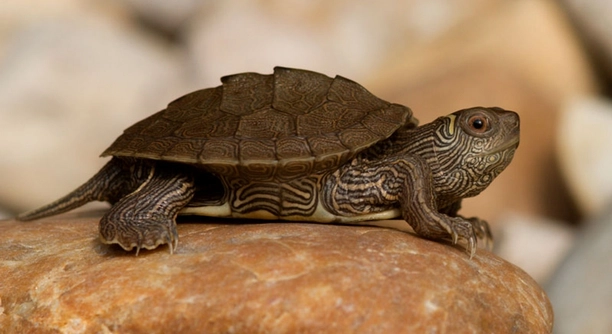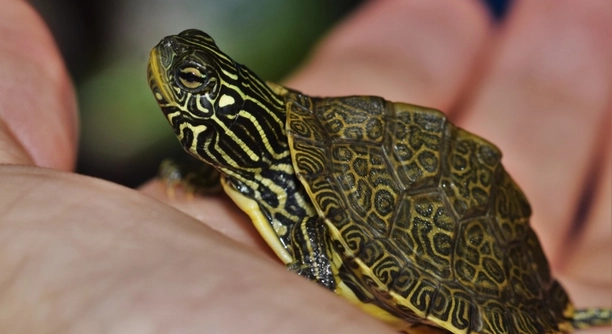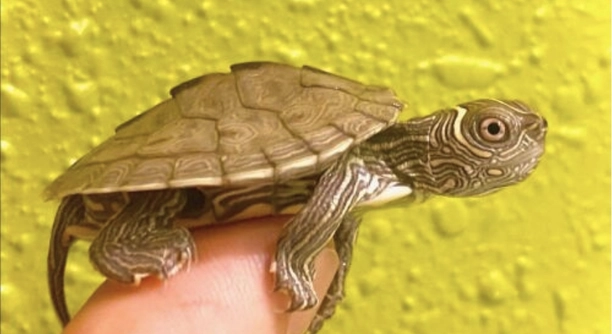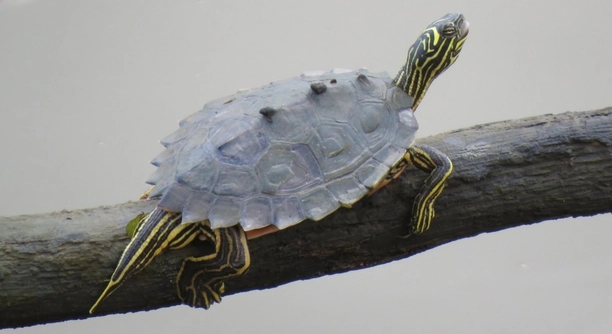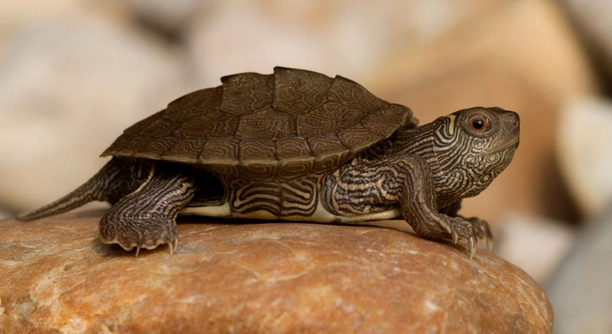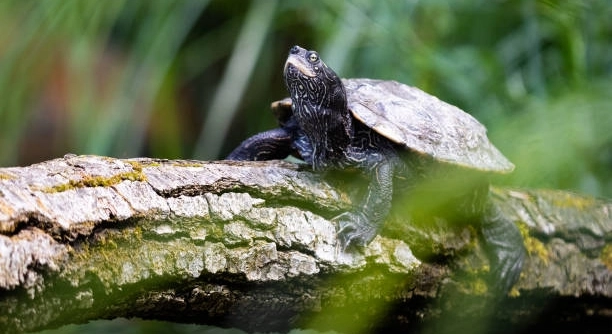Why Do Map Turtles Dig Through the Substrate?
Map turtles often dig through the substrate in their habitats, leaving many curious about why they do so. This behavior may seem unusual, but it plays an important role in their overall well-being and environment. Map turtles dig through the substrate primarily to create shelters, regulate body temperature, and search for food. This behavior also … Read more

